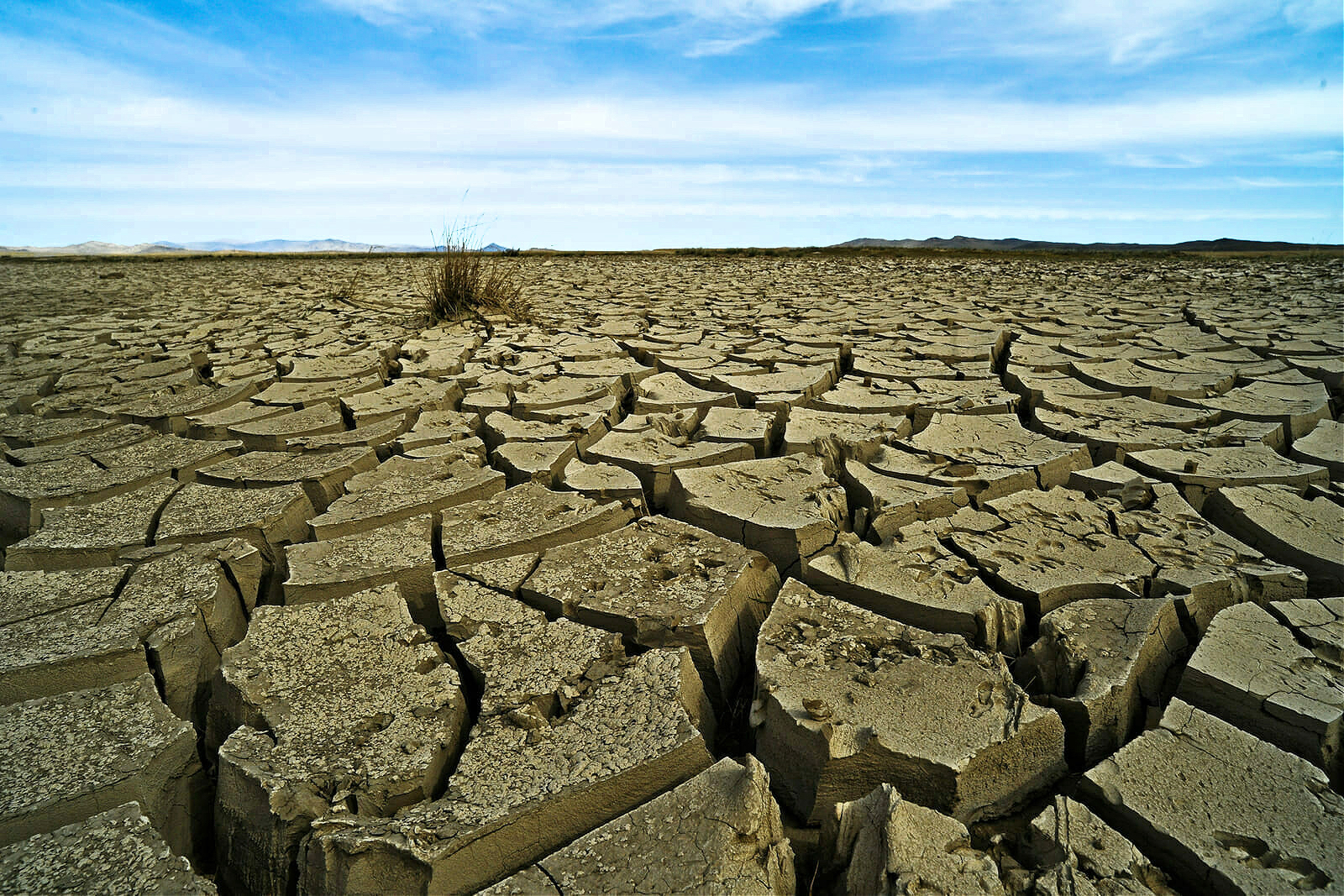
Having the UAE Host this Year’s COP28 Sends the Wrong Message
As the global community continues to grapple with the urgent need for comprehensive climate action, the announcement that the United Arab Emirates (UAE) would host the COP28 climate summit sparked widespread concern and raised important questions about the country’s suitability for such a crucial event.
COP summits serve as vital platforms for world leaders, policymakers, and scientists to come together and address the pressing challenges of climate change. These gatherings are pivotal in shaping international agreements and frameworks aimed at mitigating the effects of global warming and transitioning toward a sustainable future. However, awarding the host role to the UAE, a country with significant environmental and human rights concerns, poses a significant risk to the integrity and effectiveness of COP28.
Because having the United Arab Emirates host this year’s COP28 demonstrates a certain level of tone deafness, U.S. lawmakers have taken notice. According to reporting by Reuters, “Over two dozen U.S. representatives on Friday called on top U.S. climate envoy John Kerry to urge the United Arab Emirates to withdraw its appointment of the head of its state oil company as president of the COP28 climate summit it will host this year. The 27 Democratic members of Congress, led by California Congressman Jared Huffman, sent a letter to Kerry calling on him to persuade the future U.N. climate summit host to withdraw the appointment of Sultan Al Jaber, head of the Abu Dhabi National Oil Company, who is charged with shepherding the next round of climate negotiations.”
The UAE’s heavy reliance on fossil fuels contradicts the very purpose of the COP summits. As one of the largest oil producers in the world, the UAE has a substantial carbon footprint. Hosting COP28 in a nation heavily invested in fossil fuels sends a conflicting message and undermines the urgency of transitioning to renewable energy sources.
Moreover, the UAE’s environmental record raises serious doubts about its commitment to combating climate change. Despite making some strides in renewable energy development, the country still lags in terms of overall sustainability. Its high per capita carbon emissions, extensive water consumption, and inadequate waste management practices all highlight the need for substantial improvements.
The UAE’s human rights record raises concerns about its ability to provide a conducive environment for open dialogue and participation during the summit. The country has been criticized for its limited freedom of speech, lack of political transparency, and restrictions on civil society organizations. Such an environment hampers the ability of activists, scientists, and marginalized communities to express their concerns and engage in meaningful discussions on climate change mitigation.
Another crucial aspect to consider is the geographical location of the UAE. The country’s arid desert climate makes it disconnected from the ecological challenges faced by many other regions. COP summits typically aim to highlight the diverse impacts of climate change across the globe, and hosting the event in a location that does not face the same immediate consequences as vulnerable nations could dilute the sense of urgency needed to address the climate crisis.
Choosing the UAE as the host for COP28 may also inadvertently give legitimacy to greenwashing efforts. Despite its best efforts to promote itself as a global leader in sustainable development, the UAE has been criticized for using environmentally friendly projects as a PR tool, while simultaneously pursuing policies and practices that contribute to climate change.
In light of these concerns, the international community must prioritize transparency, accountability, and effectiveness when selecting a host for the COP summits. To maintain the credibility and impact of the conference, it is imperative to choose a country that demonstrates a genuine commitment to climate action and has a track record of environmental stewardship.
As the world faces a climate emergency, the selection of a host must reflect the urgent need for decisive action and genuine dedication to a sustainable future. Given the UAE’s fossil fuel-centered economy, the choice of hosting the global gathering in that country sends the wrong message to regions whose futures look bleak.

